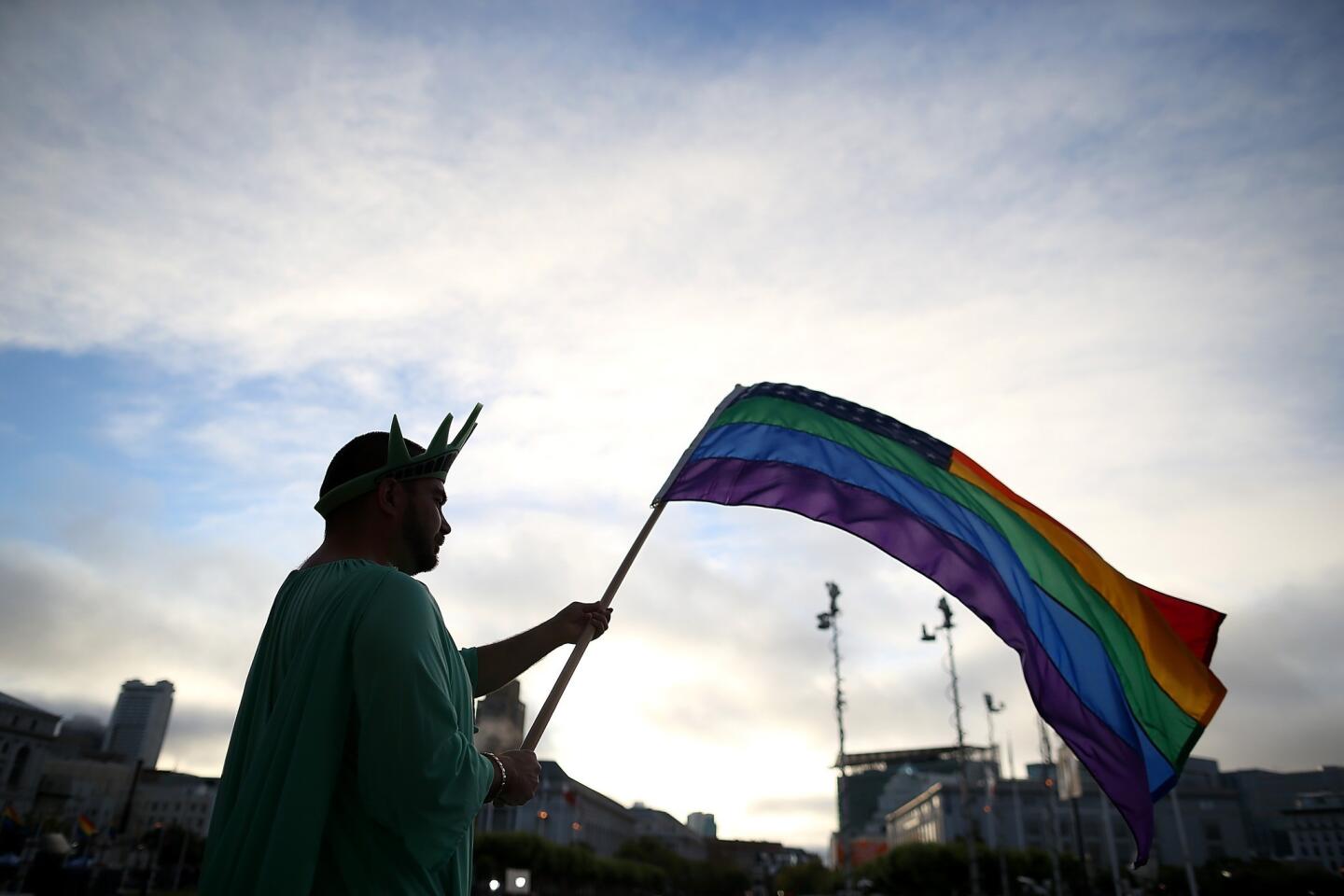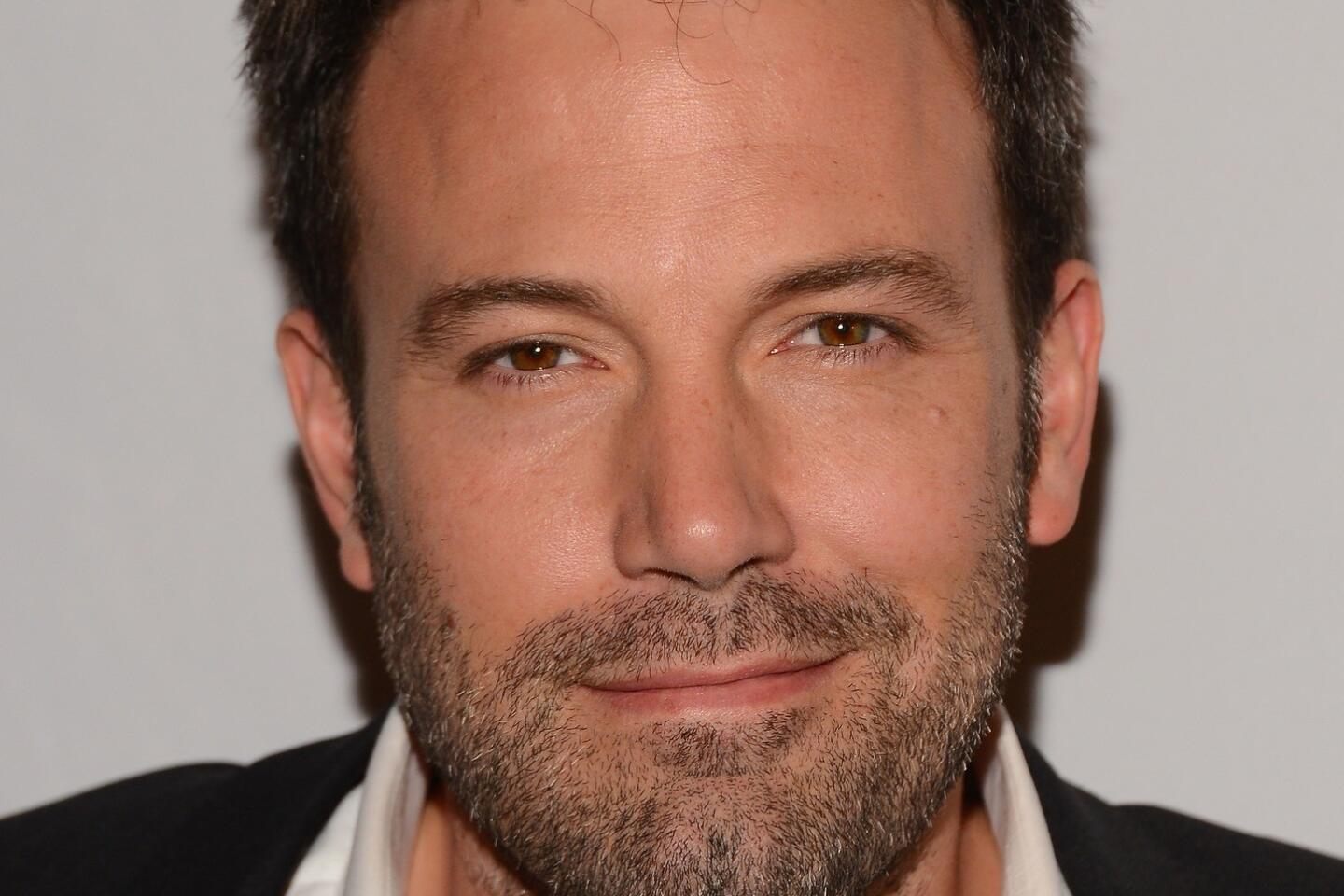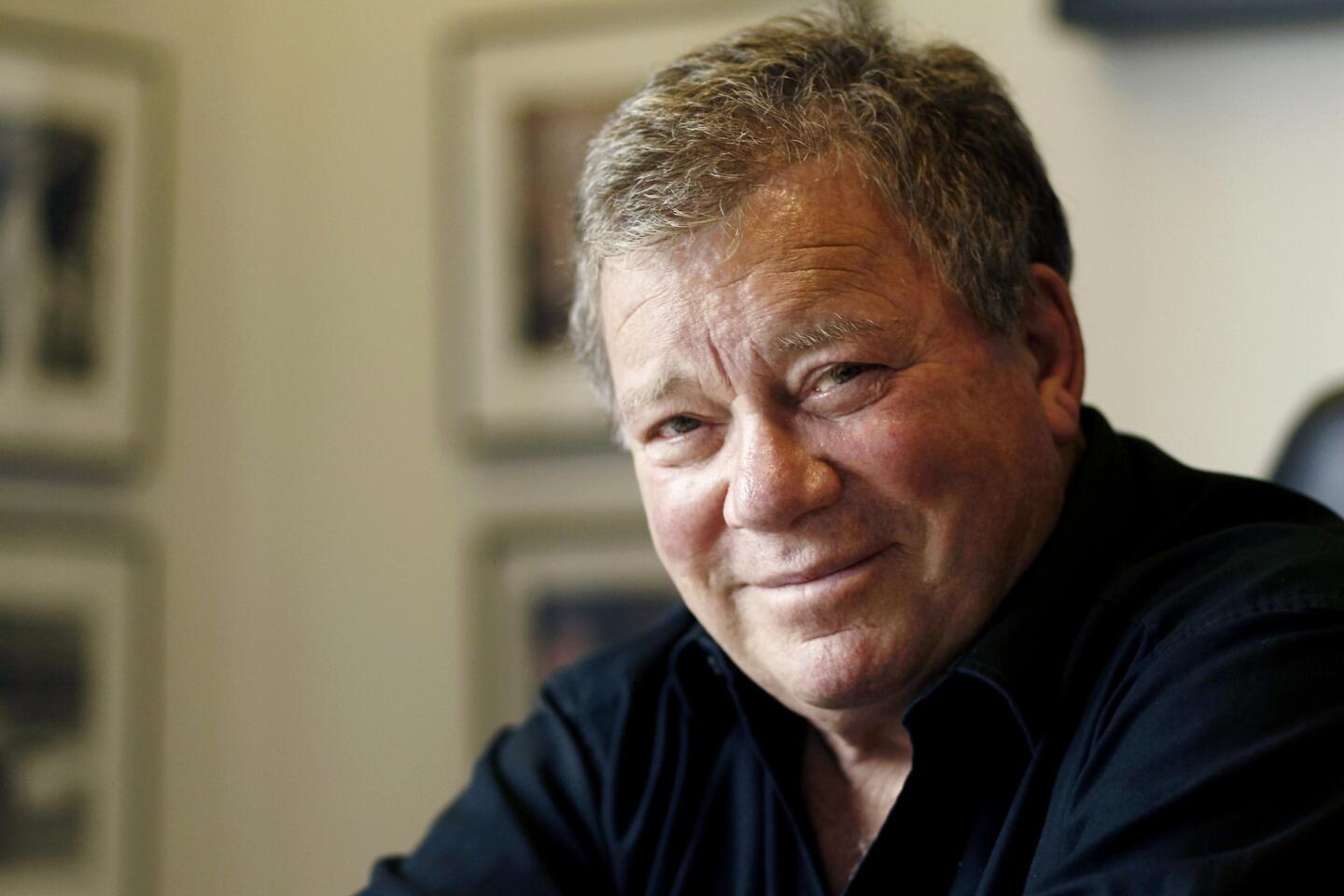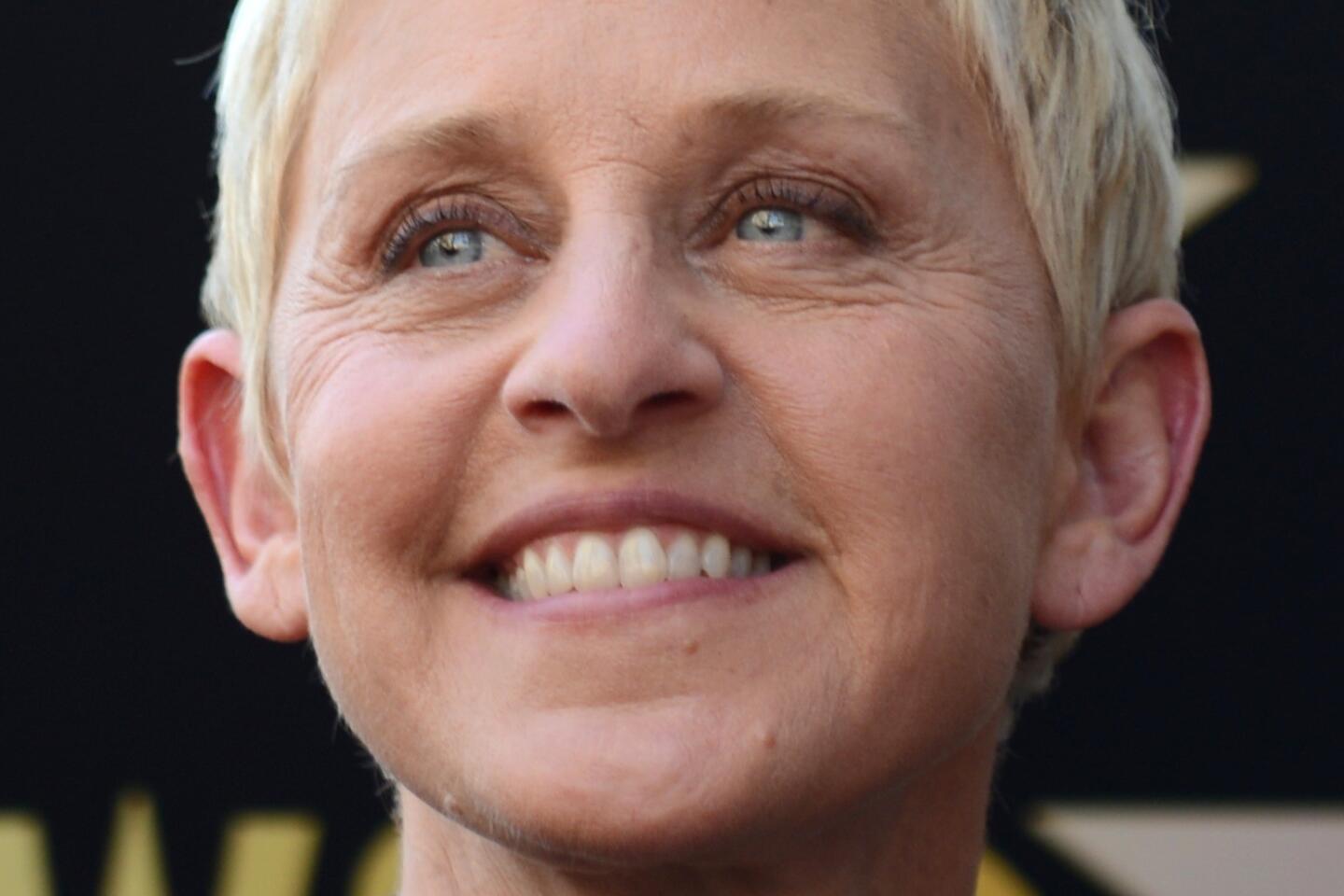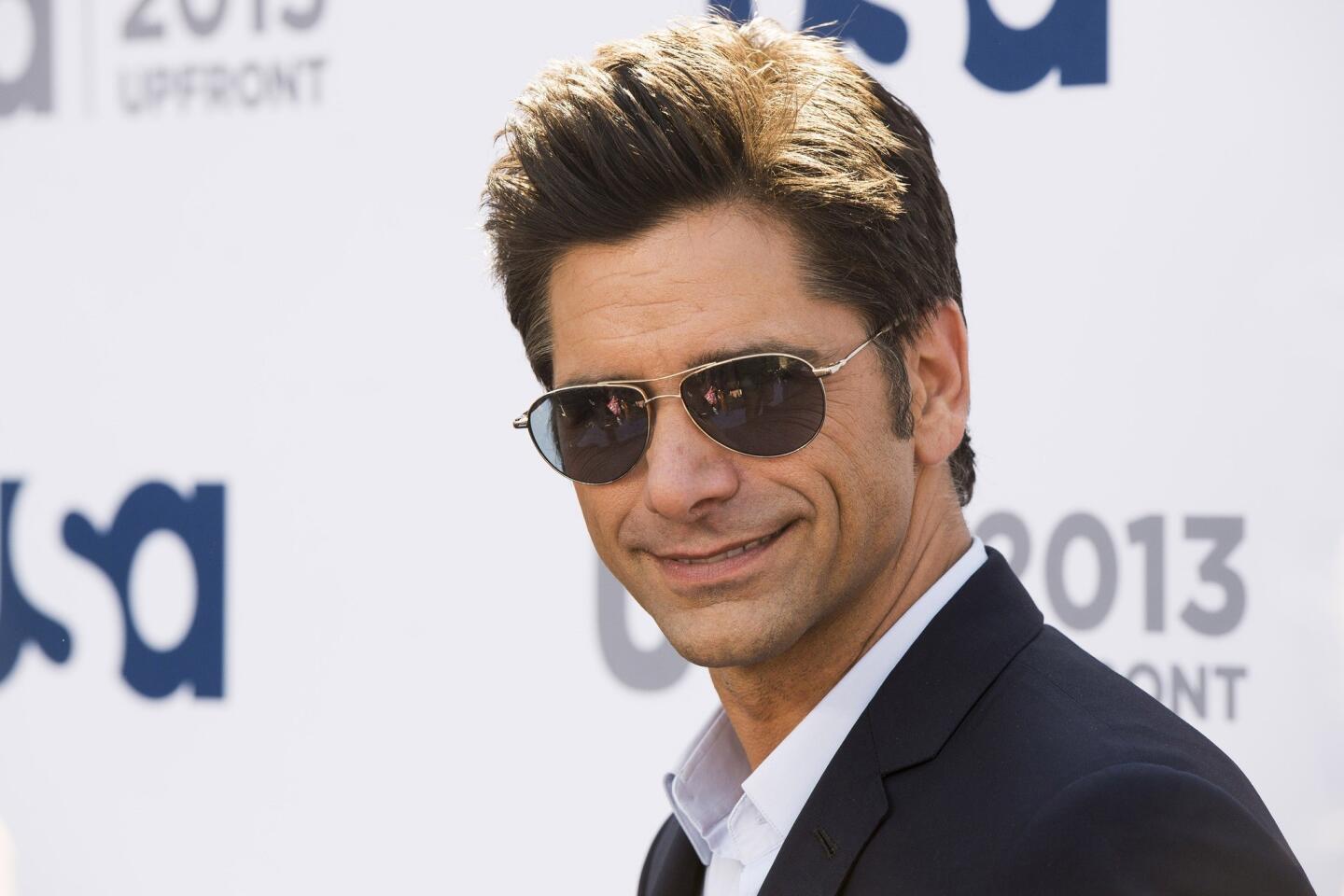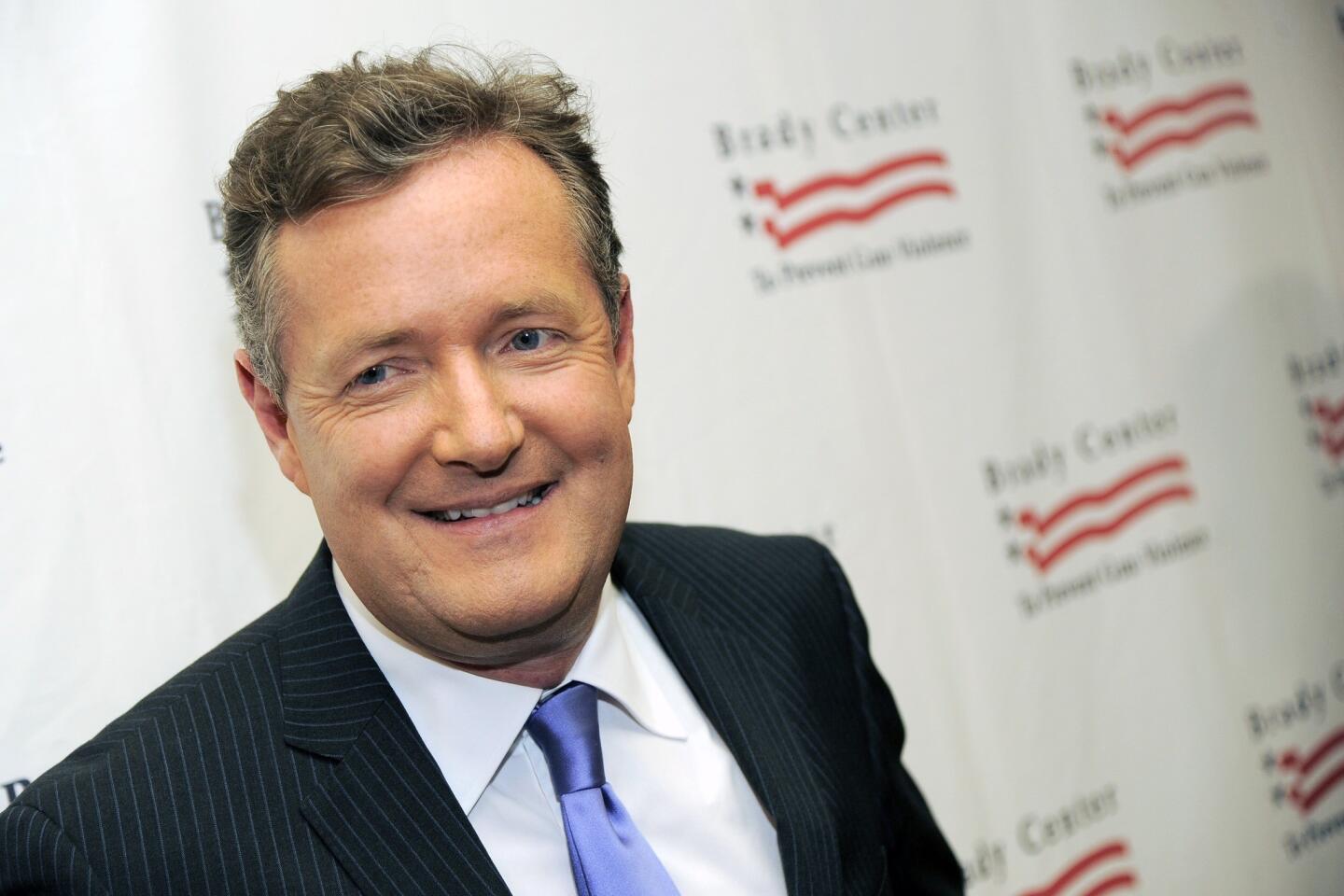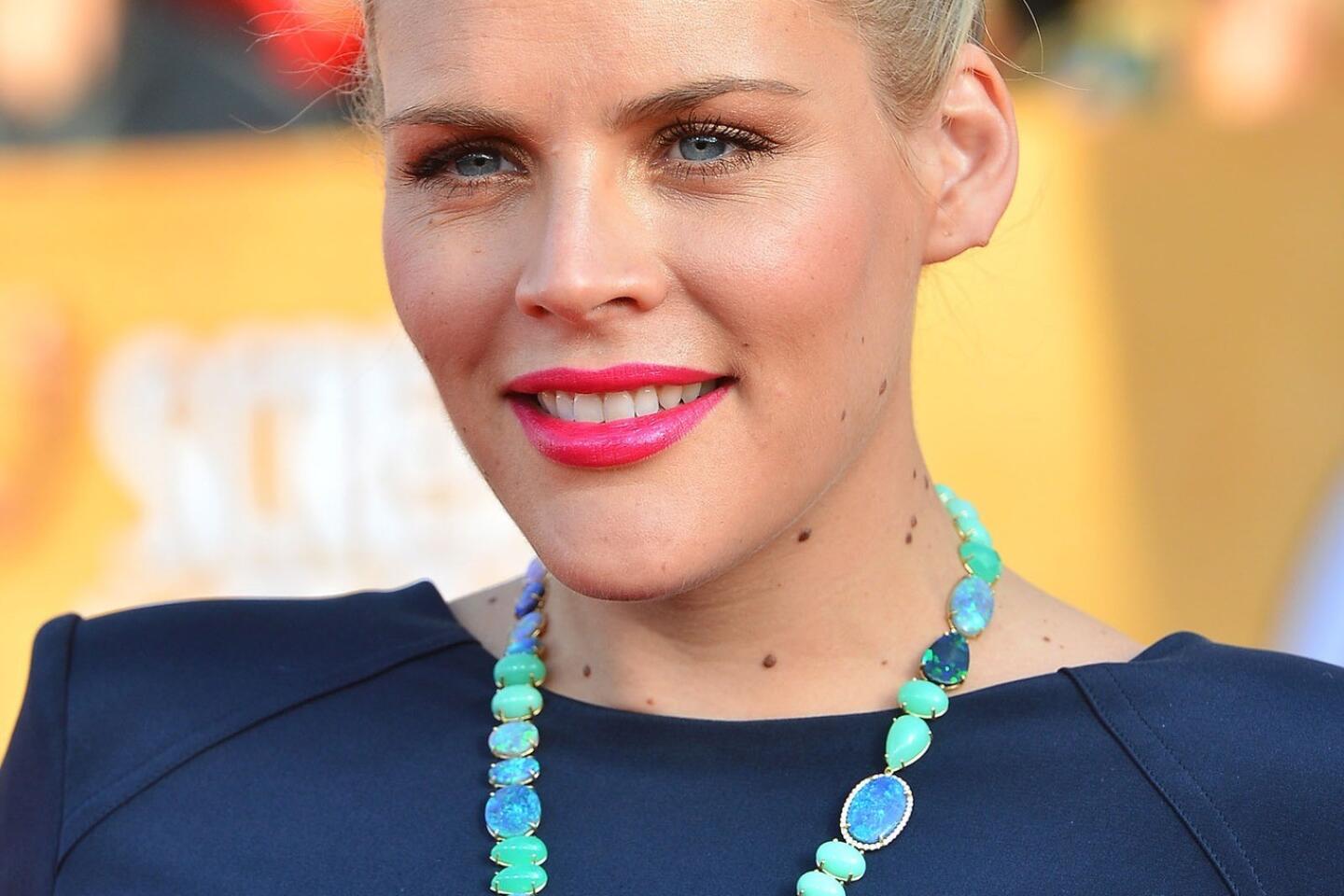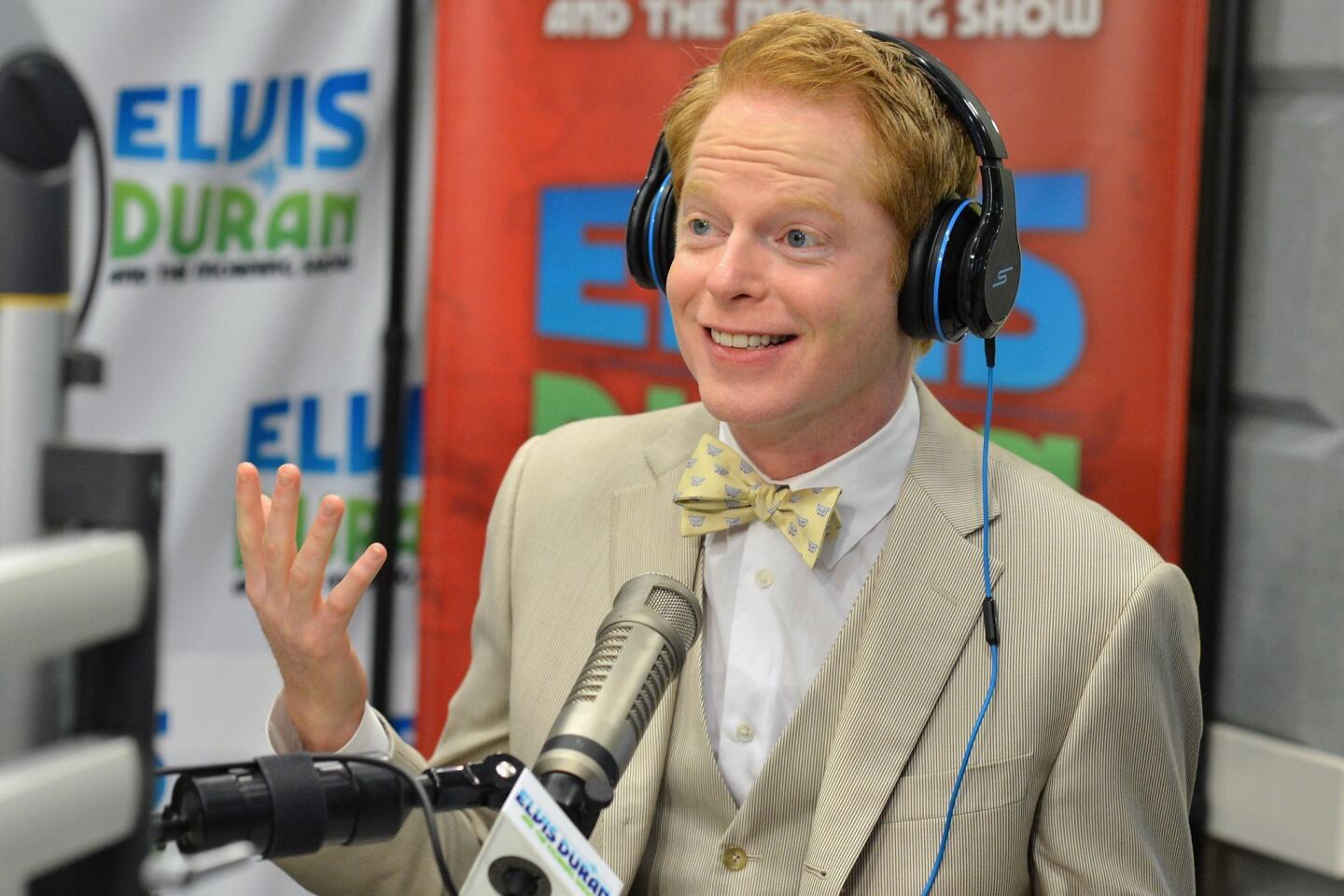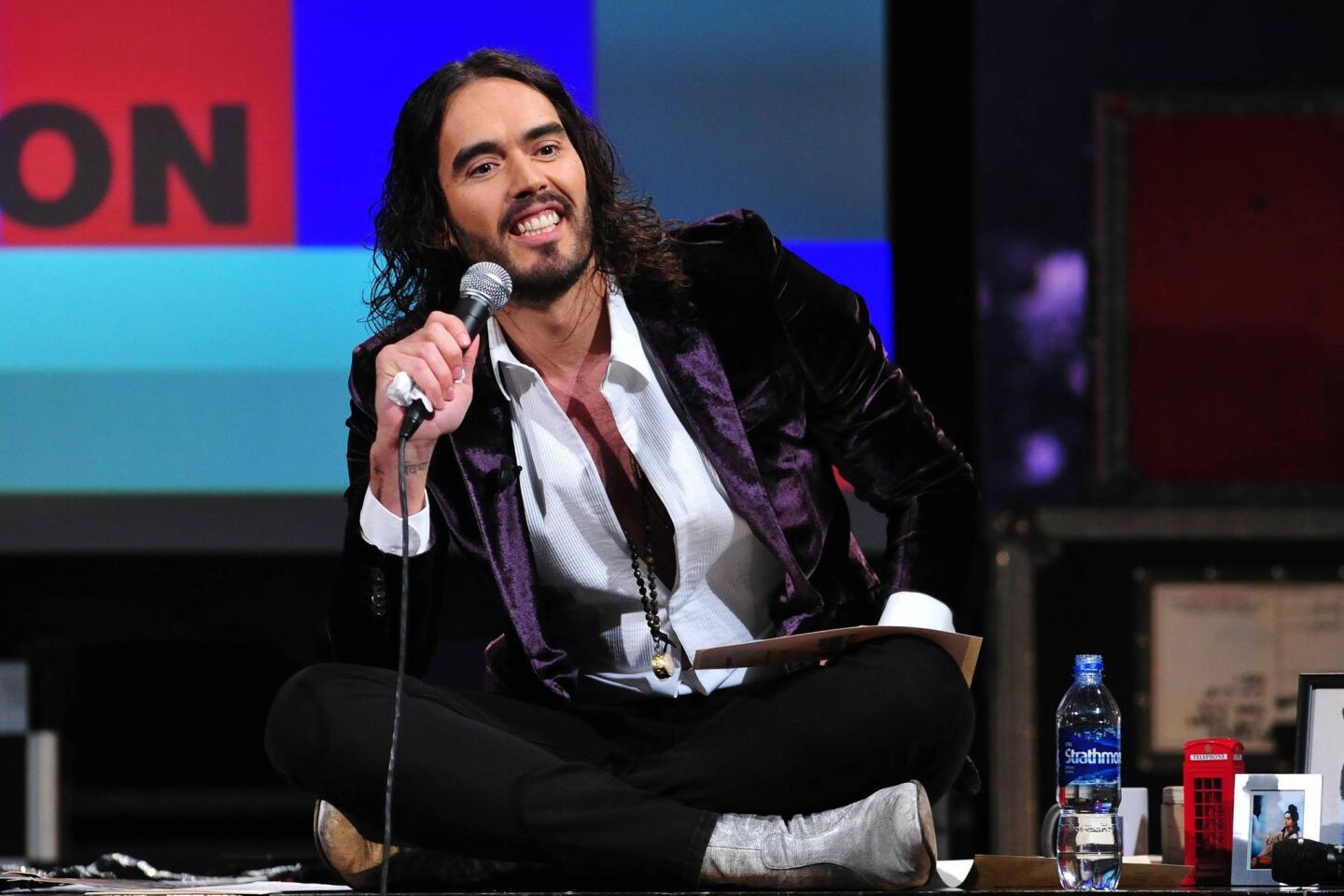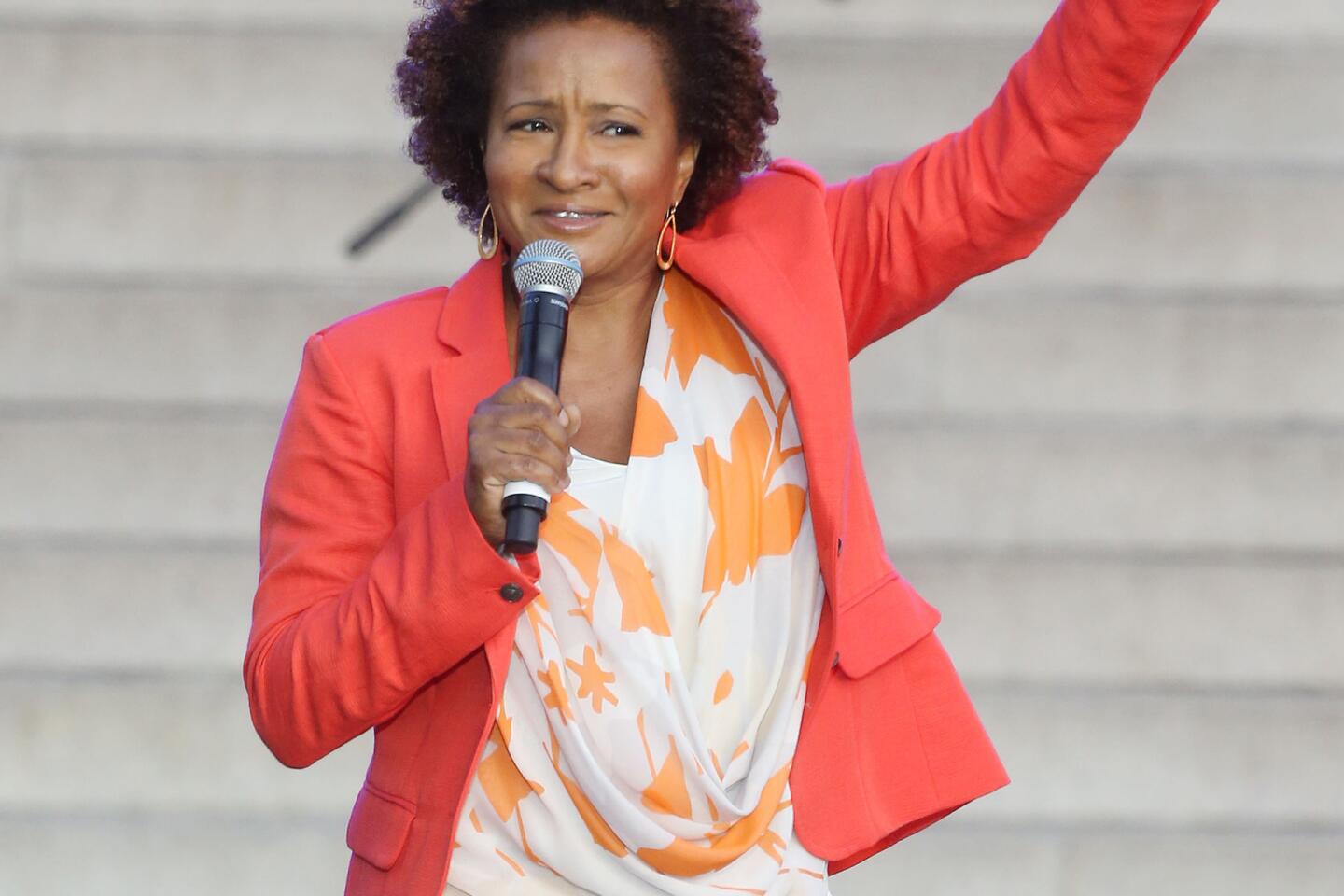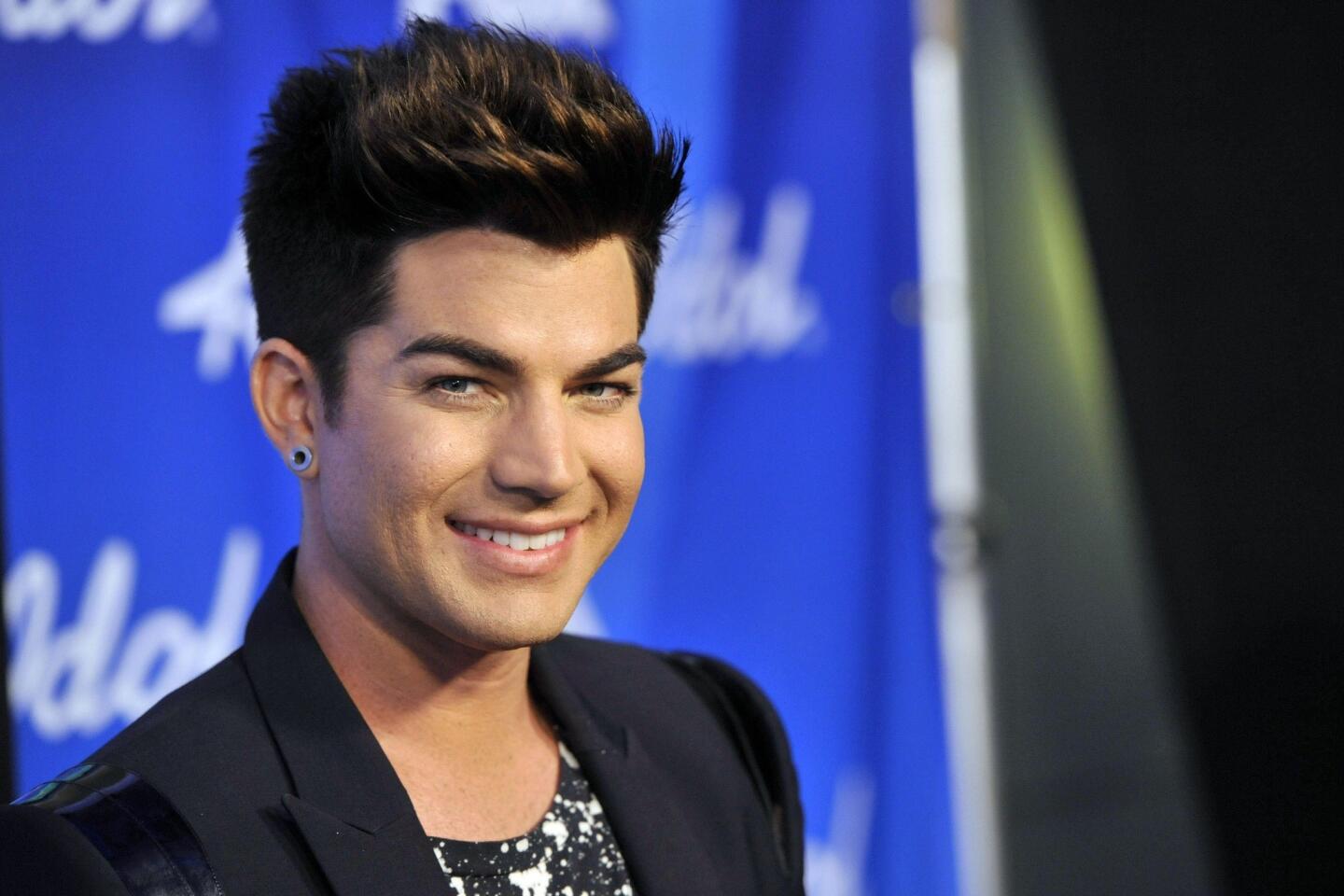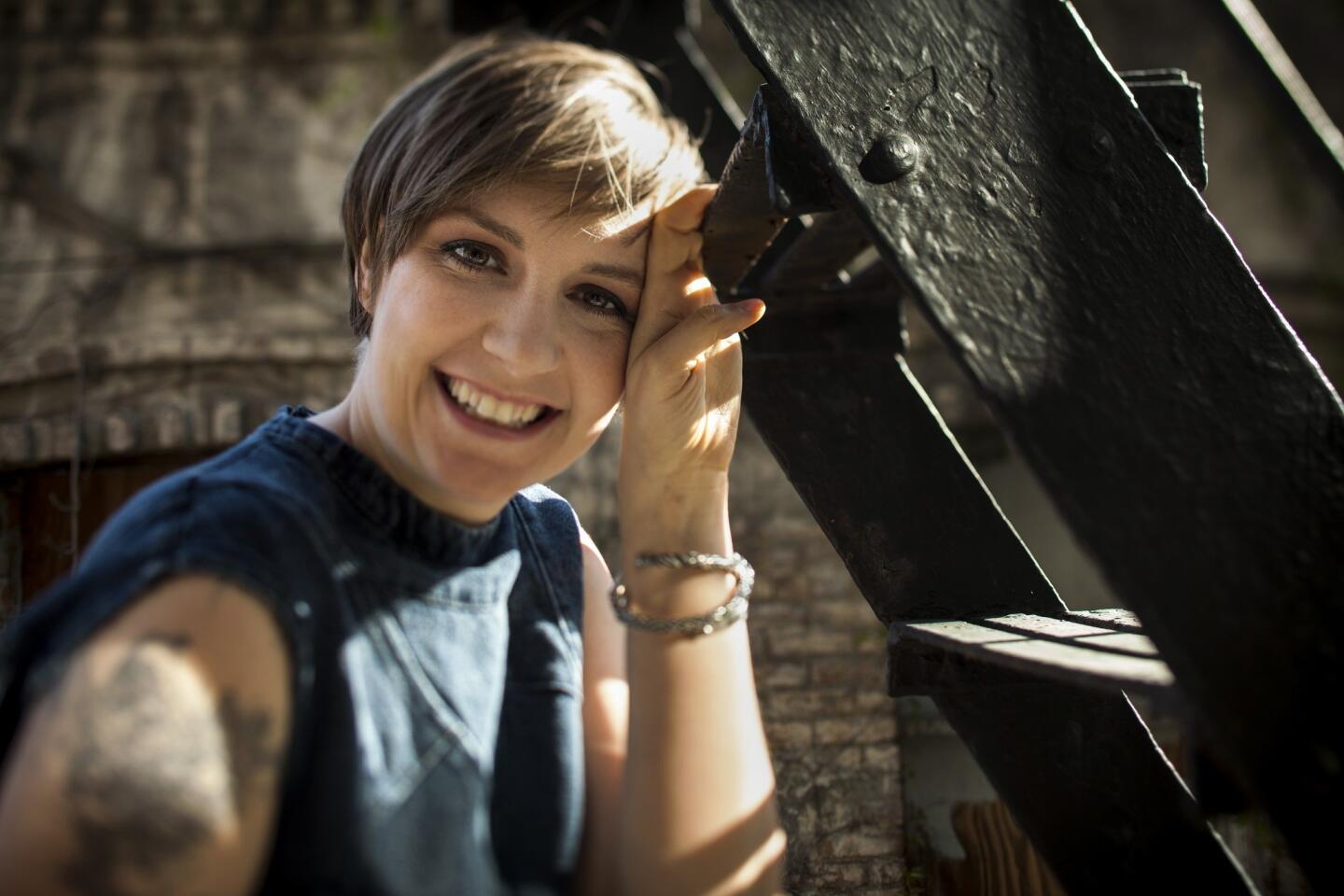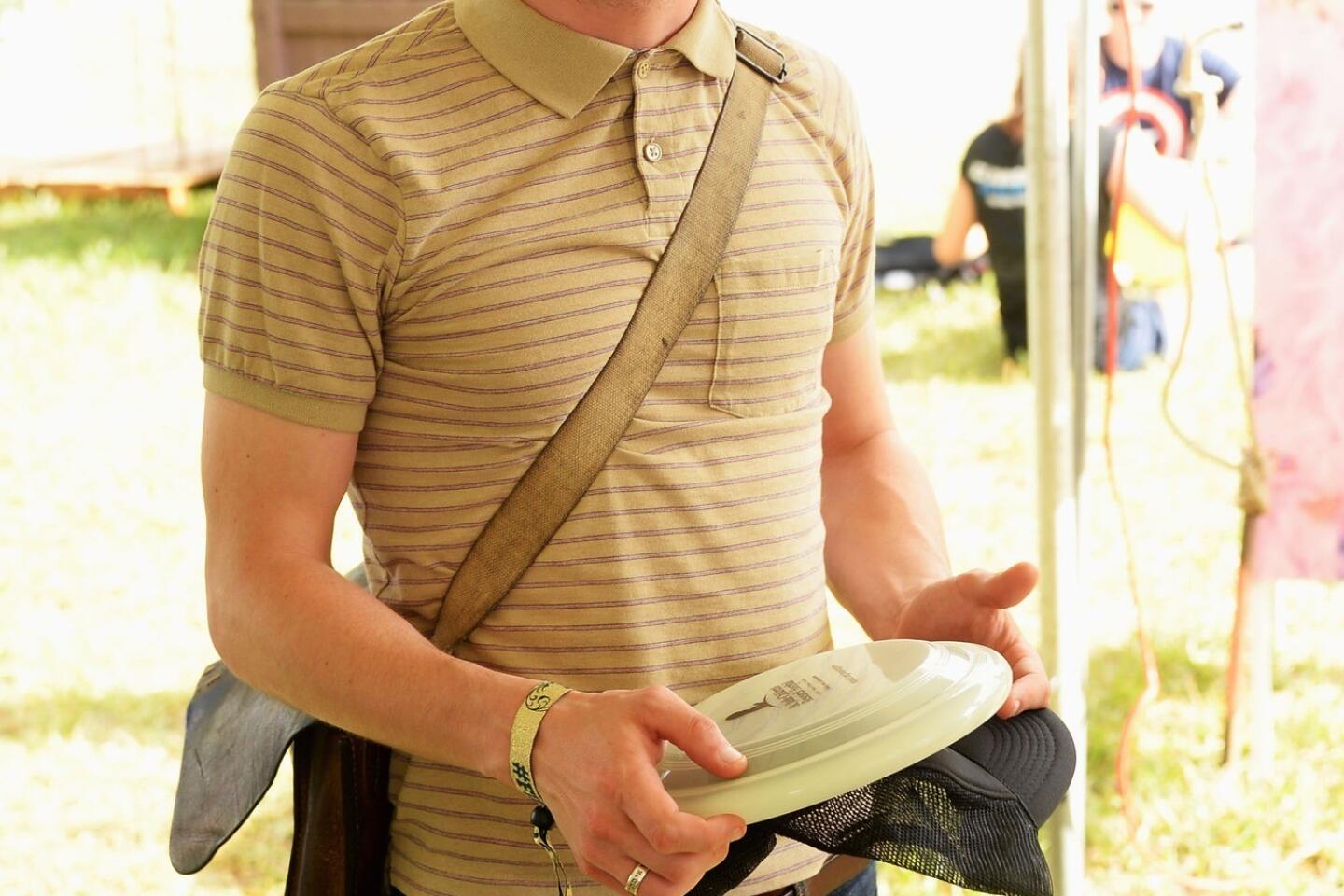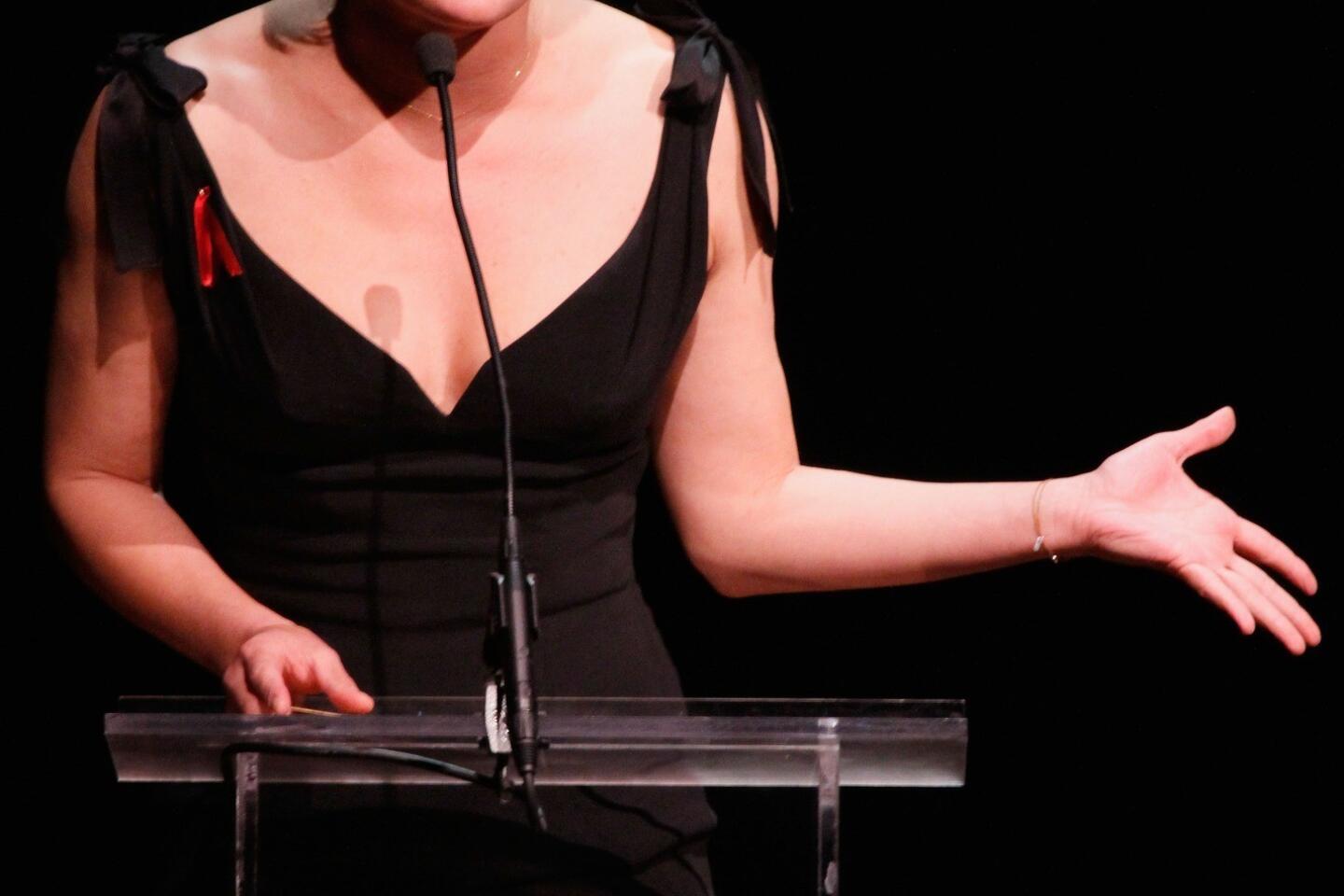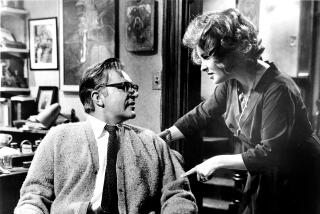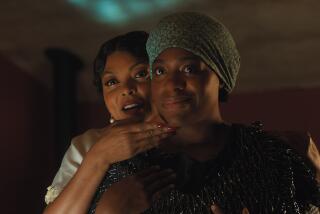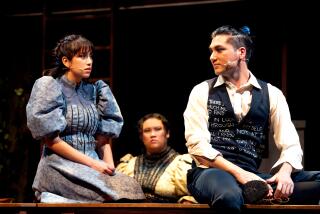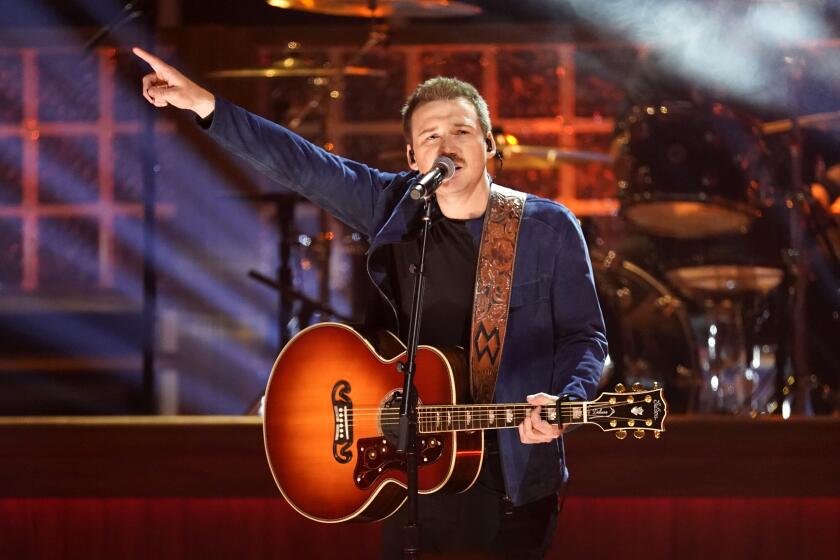Tony Kushner: Gay marriage rulings help to realize his themes
Tony Kushner’s landmark achievements have been “Angels in America,” the epic 1992 stage play that showed humanly flawed gay men loving, honoring and cherishing each other amid the fear and horror of the 1980s AIDS crisis, and the screenplay to Steven Spielberg’s acclaimed 2012 film “Lincoln,” a memorably taut depiction of American democracy bucking, churning and grinding to right a historic wrong.
Kushner spent Wednesday morning sitting on the couch with his husband, Mark Harris, in their Manhattan home, watching and waiting for the U.S. Supreme Court to rule on matters that brought thematic strands from those two dramas together.
When the 5-4 rulings came down -- one dismissing a legal challenge to same-sex marriage in California, the other giving same-sex couples nationwide economic and legal rights they had been denied under the Defense of Marriage Act, Kushner said he felt history shift a little, in a way that reaffirmed his faith in the ultimately humanizing power of democracy.
PHOTOS: Celebrities react to DOMA and Prop 8 rulings
“They tried to make it a narrow judgment, but it’s a very big deal,” he said from New York. “I think it’s a big turning point in American democracy and American society. We’re seeing a lot of people seeing the need to examine prejudices, and question [whether] you want to order a democratic society along the lines of people’s prejudices.
“This kind of tidal wave of people’s opinions changing is very much a result of a great deal of courageous advocacy by people older than me who came out and stood up for their rights when it was enormously difficult,” during the early days of the gay rights movement.
“You wake up in one world, and in a small but significant way something happens and you’re not in the same world anymore,” Kushner continued. “All progress is reversible, but I think you can say we’ve moved to a new place.”
Prejudice and discrimination, he said, “is revealed as wicked nonsense once this happens, and people get used to that fairly quickly.”
A key character in “Angels in America” is Hannah Pitt, a middle-age conservative Mormon woman from Salt Lake City played by Meryl Streep in the HBO movie. She arrives in 1980s Manhattan with deep prejudices, but they start to drop away after her path accidentally crosses that of Prior Walter, the play’s AIDS-stricken gay protagonist. Hannah sees a fellow human who needs her; she acts accordingly and her changes follow from there.
In some sense, Kushner said, Wednesday’s decisions reflect America as a whole taking a comparable, if more gradual, journey.
PHOTOS: Arts and culture by The Times
“I have always believed that most people are decent and that people who live in an actual, functioning democracy – as I believe America to be – are changed by their citizenship,” he said. “It works very deeply on people’s characters. I loved working on [Hannah Pitt] because growing up in the deep South I knew people like this, rock-ribbed Republicans who are pretty good on LGBT issues” because they knew gay people and felt compelled to treat them as worthy human beings rather than as abstractions.
Personal responses that break through prejudice “need the support of political transformation for it to happen on a large scale, and I think it’s really happening now,” Kushner said.
In California, he said, “I have friends who have been waiting for this so they can get married. People who were waiting in limbo, wondering what their status would be. I think marriages will begin very quickly, and it’s great.”
The ruling that overturned part of the federal DOMA will give same-sex married couples tax and insurance advantages that heterosexual couples have long enjoyed.
Among them are Kushner and Harris, a magazine journalist. The couple legally tied the knot in 2007 in Massachusetts, where same sex marriage had gone into effect; New York, meanwhile, had adopted legislation recognizing same-sex marriages in other states.
The vows were administered, he said, “by a straight lady cop on the second floor of City Hall in Provincetown” – giving legal force to the commitment they’d already made in 2003 when they were wed at their favorite Italian restaurant in New York, with a lesbian rabbi presiding.
The ever-political Kushner said the joy of Wednesday’s decisions was shadowed by what he regarded as the Supreme Court’s improper decision on Tuesday to relax federal oversight of voting laws in states that had a track record of voter discrimination against minorities.
In “Lincoln,” Kushner and Spielberg recounted the Civil War president’s triumph in passing the constitutional amendment that freed slaves, followed shortly by the tragedy of his assassination. Kushner noted that Lincoln’s dream of freedom for blacks quickly turned into a prolonged nightmare as post-war Reconstruction failed after his death, bringing on another century of second-class status and frequent suffering.
“There’s no more terrifying example of how progress can be reversed than Reconstruction,” he said.
“I don’t see anything like that looming now. I think that 100 years of segregation and lynch law, followed by the slow and costly struggle of African Americans for civil rights, transformed this country and the planet.
“Martin Luther King and Mahatma Gandhi gave the world a new model of what democracy means and what it’s capable of. We’re beginning to rediscover the positive role of government in human life, and we’re rediscovering it today in this decision.”
ALSO:
How ‘Angels in America’ changed the national conversation
‘Lincoln’ writer Tony Kushner on working with Steven Spielberg
Gay-marriage rulings: Twitter reacts with #MarriageEqualityBroadway
More to Read
The biggest entertainment stories
Get our big stories about Hollywood, film, television, music, arts, culture and more right in your inbox as soon as they publish.
You may occasionally receive promotional content from the Los Angeles Times.
